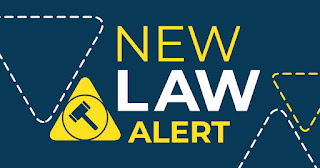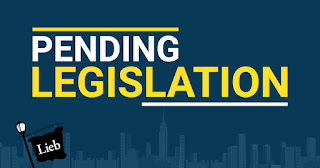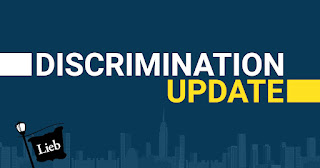Labor Law 201-g went into effect on October 9, 2018.
Did you know that Plaintiffs (sexual harassment victims) are suing companies for failing to comply with this mandatory training and disclosure law?
In December of 2018, New York County saw its first lawsuit alleging that a "Plaintiff was injured, in whole or in part, as a result of CIRE's failure to comply with NYC Admin Code § 8-107(29) and Labor Law § 201-g."
The case was about a "hostile, offensive, abusive and otherwise inappropriate work environment."
Allegedly, this harassment included:
- Asking Plaintiff if he was single;
- Asking Plaintiff to go out with her for drinks and dinner, unrelated to business;
- Telling Plaintiff how handsome he and flirting with Plaintiff;
- Complimenting Plaintiff's choice of clothes;
- Telling Plaintiff he should have a girlfriend;
- Telling Plaintiff that having a girlfriend would afford him a health insurance entitlement, which "by the way I, Sarine have health insurance";
- Telling Plaintiff what color clothing he should be warning;
- Moving her desk next to Plaintiff's desk;
- Staring at Plaintiff at all hours of the day and commenting on his face or hair;
- Standing unnecessarily close to Plaintiff when speaking;
- Inappropriately attempting to give Plaintiff hugs and kisses;
- Demanding that Plaintiff "pinky swear" so that he not disclose something that occurred between Ms. Atamian and another employee, just so she could touch Plaintiff's hand;
- Unnecessarily interrupting Plaintiff's conversations with others;
- Demanding that Plaintiff open personal packages and mail in front of her;
- Requiring that Plaintiff make all requests for basic company information, documentation, etc., through her, where other brokers were permitted to engage in such activities on their own.
- Making inappropriate inquiries concerning what Plaintiff was doing, who he was with, etc. when he was not at the Office;"
In fact, the Plaintiff argued that this violation of Labor Law § 201-g should result in Christie's International Real Estate Group, Inc. and two individual parties, paying "compensatory damages, punitive damages, statutory damages and special damages, as well as his costs, fees (including attorneys' fees) and disbursements, plus pre and post judgment interest, in amounts to be determined at trial, which amounts exceed the jurisdictional minimums of this Court"
Have you scheduled your annual training yet?








